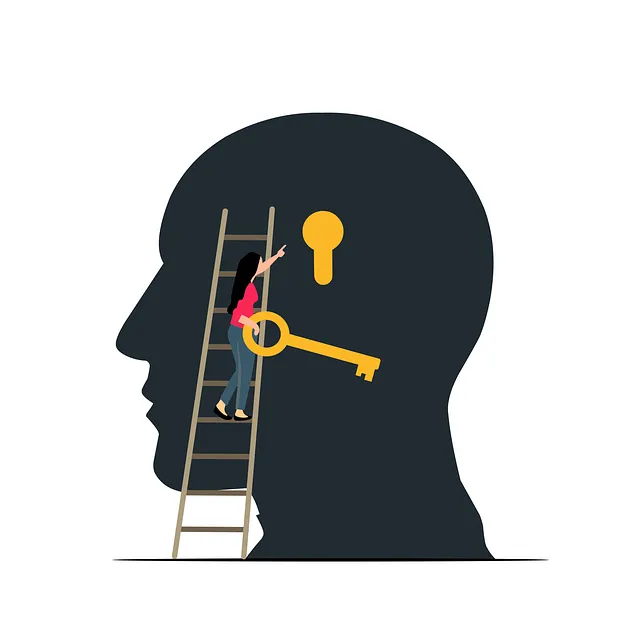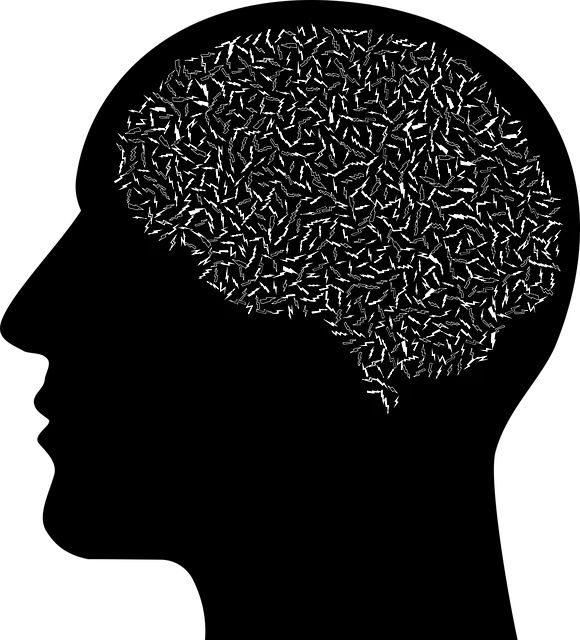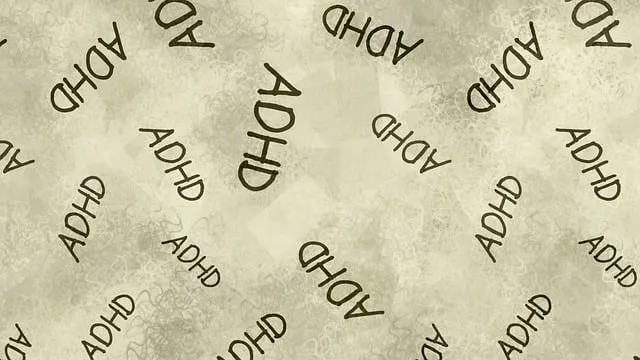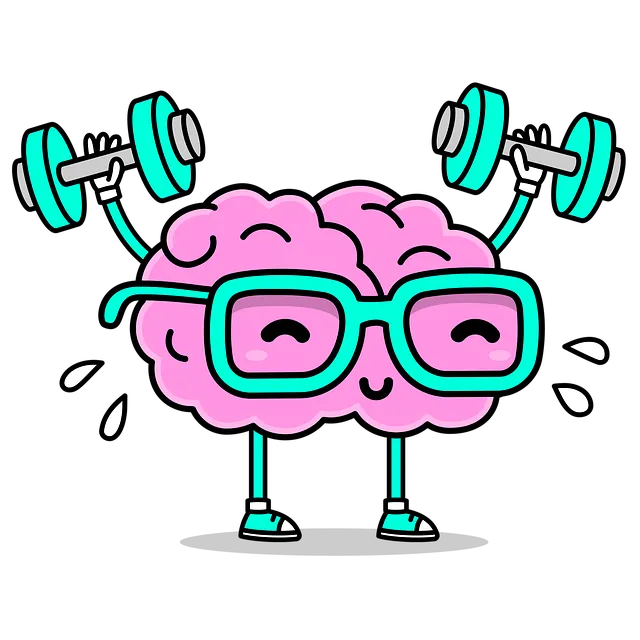In Boulder, home to the renowned Kaiser Permanente mental health facility, stigma surrounding mental illness remains a significant barrier. To overcome this, the community must foster open conversations about mental health, integrating stress reduction methods and resilience-building initiatives into daily life. Educational programs normalizing these discussions empower individuals to address their mental health struggles without judgment. Kaiser Permanente Boulder leads the way with cultural competency programs, specialized training for healthcare providers, interactive workshops, and mindfulness sessions, creating an inclusive environment that prioritizes mental well-being for all.
Mental illness stigma continues to impede access to critical care, leading many to suffer unnecessarily. This article explores strategies to reduce this barrier, focusing on the community perspective and innovative initiatives from Kaiser Permanente Boulder, a renowned mental health facility. We delve into their approach to breaking down barriers and discuss effective continuous support and education methods. By understanding the roots of stigma and implementing targeted interventions, we can foster a more inclusive society that prioritizes mental well-being for all.
- Understanding the Stigma Surrounding Mental Illness: A Community Perspective
- Kaiser Permanente Boulder's Approach to Breaking Down Barriers
- Strategies for Continuous Support and Education in Reducing Mental Health Stigma
Understanding the Stigma Surrounding Mental Illness: A Community Perspective

In communities like Boulder, home to the renowned Kaiser Permanente mental health facility, the stigma surrounding mental illness remains a persistent challenge. This stigma often manifests as fear, prejudice, or discrimination against individuals struggling with mental health issues, hindering their ability to seek help and receive proper support. The community perspective is crucial here; it’s not just about reducing individual bias but fostering an environment that embraces open conversations about mental health. By encouraging empathy and understanding, Boulder residents can contribute to breaking down the barriers that keep people from accessing essential services at facilities like Kaiser Permanente.
Efforts to reduce stigma must go beyond awareness campaigns; they should focus on integrating stress reduction methods and resilience-building initiatives into community life. Educational programs that teach emotional healing processes can help normalize conversations about mental health, making it easier for those in need to identify and address their struggles without fear of judgment. The collective responsibility lies in creating a supportive ecosystem where mental well-being is prioritized, ensuring that everyone, regardless of background, has access to the care they deserve at facilities like Kaiser Permanente Boulder.
Kaiser Permanente Boulder's Approach to Breaking Down Barriers

Kaiser Permanente Boulder, a renowned mental health facility, has embarked on a pioneering journey to reduce the stigma associated with mental illness within their community. Their approach focuses on education and cultural competency, recognizing that breaking down barriers starts with understanding and empathy. The organization offers comprehensive programs aimed at both their members and the broader public.
One such initiative is the implementation of Healthcare Provider Cultural Competency Training, where professionals learn to navigate diverse cultural backgrounds and beliefs regarding mental health. Additionally, they host interactive Stress Management Workshops, equipping individuals with tools for coping in today’s fast-paced world. Even mindfulness meditation sessions are organized, promoting relaxation and a healthier mindset. These efforts not only foster an inclusive environment but also empower individuals to seek support without fear of judgment.
Strategies for Continuous Support and Education in Reducing Mental Health Stigma

At the Kaiser Permanente mental health facility in Boulder, continuous support and education are pivotal in stigma reduction efforts. The facility implements tailored programs that address the unique needs of individuals struggling with mental health issues, fostering an environment of understanding and empathy. Through workshops, support groups, and one-on-one counseling sessions, they educate both patients and the broader community about various aspects of mental wellness, dispelling myths and promoting factual information. These strategies not only help in self-esteem improvement but also contribute to public awareness campaigns development. By fostering open conversations, the facility encourages people to seek support without fear of judgment, creating a more inclusive society.
Additionally, Kaiser Permanente Boulder leverages technology to reach a wider audience, offering online resources and digital platforms that provide accessible information about mental health care. Regular community events and partnerships with local organizations further strengthen these efforts, ensuring sustained engagement. Such comprehensive approaches are essential in breaking down barriers associated with mental illness, encouraging early intervention, and promoting long-term recovery.
Mental illness stigma reduction is a collective effort that requires understanding, education, and support. By examining community perspectives and adopting innovative approaches, such as those implemented by Kaiser Permanente Boulder, we can break down barriers and foster inclusive environments. Continuous education and support strategies are key to sustaining progress in reducing the stigma associated with mental health issues, ultimately encouraging more individuals to seek help without fear of judgment or discrimination.






